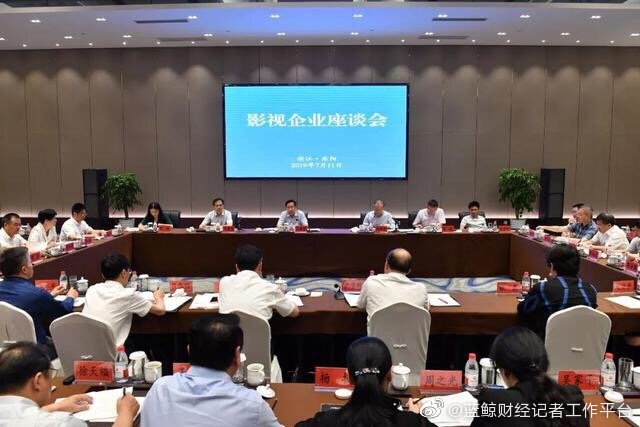China Film Administration: We want more good (read: patriotic) content
China Film Administration: We want more good (read: patriotic) content

As Chinese audiences were grappling with an unusually bleak summer season caused by an array of high-profile cancellations of hotly-anticipated movies, the China Film Administration, the top regulator of the country’s film industry, held a meeting last week with government officials from local propaganda departments and professionals in the movie sector.
According to China Movie Newspaper (in Chinese), Wáng Xiǎohuī 王晓晖, head of the administration, attended the conference and delivered a speech that outlined plans for addressing the biggest conundrum that the Chinese movie industry is facing. The dilemma, according to him, is the sharp contrast between the massive size of China’s moviegoers and the major lack of “high-quality content” on the big screen.
This is a very on-point observation that I suppose most Chinese moviegoers would agree with. But what gets troubling is Wang’s narrow definition of “good content,” which he described as “blockbusters with Chinese characteristics” that have the potential of “rejuvenating national spirit and displaying Chinese people’s feelings for home and country.”
“Movies are primarily products of content and the quality of movies basically hinges on the thickness of its content, the depth of its thinking, and the density of its emotions,” Wang said, adding that the creative direction for Chinese filmmakers should ”put people in the center,” “be realistic,” and “promote mainstream values.”

While there was no explicit mention of patriotism in his speech, Wang at one point explicitly encouraged Chinese filmmakers to find more “valuable and heavy” topics and materials in China’s “excellent traditional culture,” “revolution culture,” and “advanced culture of socialism.”
In addition to his call for “good content,” Wang also made some self-aggrandizing remarks about how much progress China’s movie industry has made in the past few years. As the second-largest film market in the world, China now has more screens than any other country in the world. In 2018, it produced more than 1,000 movies and stood third, only after the U.S. and India, in the number of homemade movies that year.
As the newspaper noted, attendees at the meeting unanimously saw these accomplishments as the results of “high attention and cordial support” from the central government, as well as the rewards of hard work by professionals in the industry.
But, as common knowledge suggests, quantity doesn’t necessarily mean quality. Wang seems not totally blind to the problem, as he said that the vast majority of the Chinese movies that came out in 2018 were disastrous flops at the box office and didn’t achieve any global influence. He also pointed out that some unfortunate ones didn’t even get a release, which, ironically, is the exact same fate that awaits some 2019 movies, such as Better Days (少年的你 shàonián de nǐ) and The Eight Hundred (八佰 bābǎi), which were supposed to hit theaters this summer but were delayed for mysterious reasons.






